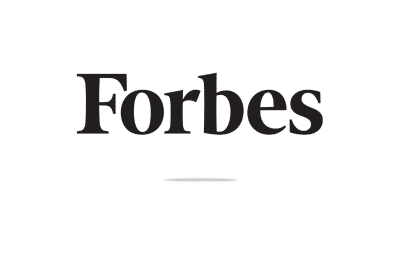What business is not concerned about wage inflation? In an era where inflation is a persistent challenge, businesses grapple with balancing wage inflation and employee satisfaction. For employees, pay increases, if any, often fail to keep pace with rising prices. Therefore, businesses that do not meet employee salary expectations risk losing talented workers to employers paying higher compensation.
In addition, businesses themselves struggle with high inflation. To address how best to balance these dual objectives, Forbes recently sought out influential business leader, Michael Mayes. They asked for his insight into navigating the complexity of managing the costs of wage inflation with employee satisfaction.
The increasing costs of inflation have compelled new hires to demand wage increases. At the same time, established employees feel the need to pressure their employers for raises to meet the increasing costs of prosperity. His innovative approaches offer valuable guidance for businesses striving to maintain financial health while fostering a positive work environment.
A distinguished figure in cannabis consulting and public policy, Mayes shared his insights with Forbes. Rather than risk the costs of hiring new employees and high turnover, his approach is to balance employee satisfaction and business financial health by rethinking the bottom line creatively. One of the best methods is to examine how you may enhance what you already have.
Rethink Current Hiring Processes To Minimize Wage Inflation
Mayes, Founder and CEO of Quantum 9, suggests businesses analyze the underlying reason to look for new talent and rethink their approach to why and when to hire.
Before rushing to add new positions, he advises businesses to consider the requirements for new roles and whether existing staff can absorb additional responsibilities. This introspection can lead to more strategic hiring decisions, avoiding the high costs of wage inflation by optimizing the use of current personnel.
“Whenever we intend to hire, we ask ourselves three questions: 1. What tasks must be done daily for this new hire? 2. Can these tasks be assigned to others? 3. Can AI automate any tasks by the current staff to make room for these new tasks? Nearly 90% of the time, the tasks can be assigned to current staff.”
His answer underscores the importance of reevaluating hiring processes to align with your organizational needs and resources. However, balancing the impacts of inflation with the need to keep employees satisfied and motivated requires a multifaceted strategy.
Manage Wage Inflation: Provide Innovative Incentives Beyond Wages
Investment in employee professional development is another strategy. Equipping your staff with new skills and knowledge signals company commitment to their growth and career advancement. This investment leads to increased loyalty and productivity, offsetting wage inflation pressure.
Additionally, outsource tasks to specialized contractors and keep current employees focused on improving core activities. By managing your business expenses more effectively, you may be able to offer flexible work hours and remote work. These perks are often beloved and essential to sought-after employees. Take care of your core employees, recognize and applaud their efforts, encourage their engagement, and they’ll make a better team for you.
As Mayes illustrates, creative thinking, strategic planning, and a willingness to adapt are essential. By rethinking hiring processes, offering innovative incentives, investing in employee training, and considering outsourcing, businesses can navigate the challenges of wage inflation while fostering a supportive and productive workplace.
Would you like further guidance on balancing these aspects in your organization? Our exemplary team offers expertise in strategic cannabis business planning, financial management, and human resources solutions tailored to your cannabis business needs. Reach out to us!










